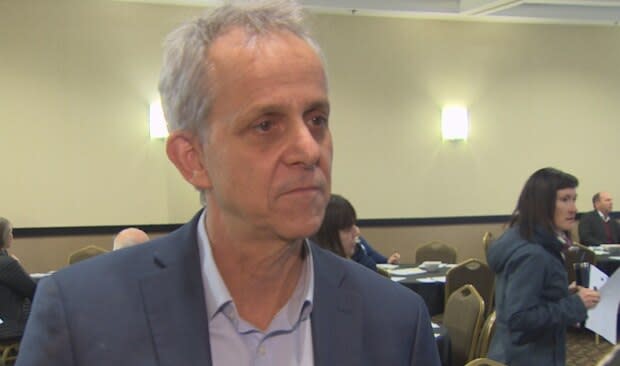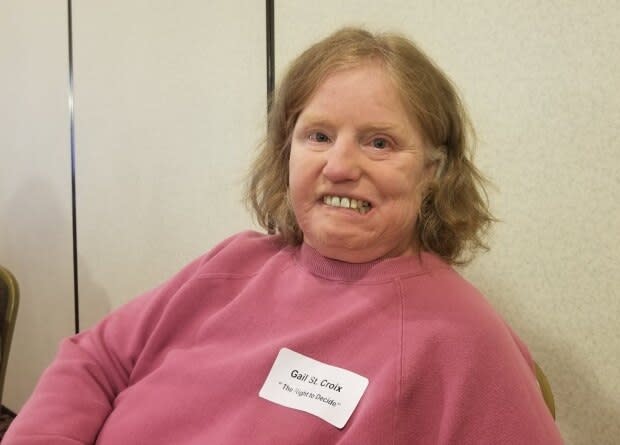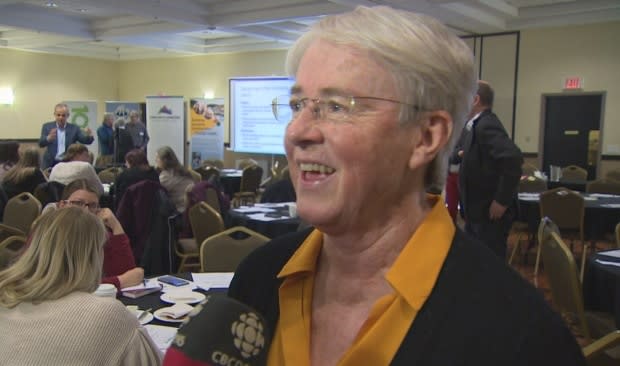Group wants people with disabilities to have same decision-making rights others take for granted

Where you'll live, whether you'll marry, what you'll do for a living — these are just some of the decisions many take for granted.
But for people living with disabilities, it's often someone else who calls the shots.
Michael Bach, managing director of the Toronto-based Institute for Research and Development on Inclusion, says it doesn't have to be this way.
"Canada recently signed the UN convention on the rights of persons with disabilities, which recognizes a right to support to make their own decisions," said Bach, the guest speaker Thursday at an event — called The Equal Right to Decide in Newfoundland and Labrador — hosted by the Association for Community Living at the Capital Hotel.
The presentation aimed to increase support for people with disabilities to have as much control as possible over the decisions that affect them.

Currently, if a person in Canada has limited decision-making ability, they can sign over their decision-making rights to a legal guardian. According to Bach's institute, more than 50,000 Canadians live under guardianship, but he said that's often not the best solution.
"The alternative is to simply figure out how to recognize support people in the person's life," Bach said. "A brother. A family member. A parent. A friend."
In most cases, Bach said, when supports are identified the person with disabilities is unlikely to require a legal guardian. That way, Bach said, their needs are still being met, but still have a say in decisions.
Bach said eventually they'd like to see decision-making supports legally recognized, but the changes toward a more equitable future have to begin at the community level.
"A lot can change if, for instance, we're training staff in the bank, or in a health-care centre about how to recognize people's capacity to communicate and make decisions."

Gail St. Croix, who lives with cognitive and physical disabilities, said after the presentation she hopes people will help those living with disabilities, especially those who are non-verbal.
"Unless they got the proper support and the people that's gonna help them decide what they want … they're just gonna be lost in the shuffle," St. Croix said. "And that's sad."
Provincial Seniors' Advocate Suzanne Brake, who attended the presentation, noted cognitive difficulties often emerge with age, and with people living longer than ever, people need to change their preconceived notions to better support individuals with such difficulties.
"People who may live with disabilities or live with other challenges may not have a voice and other people are looked to to be their voice," Brake said. "And I think that time has come where we have to stop thinking like that."
Read more from CBC Newfoundland and Labrador


